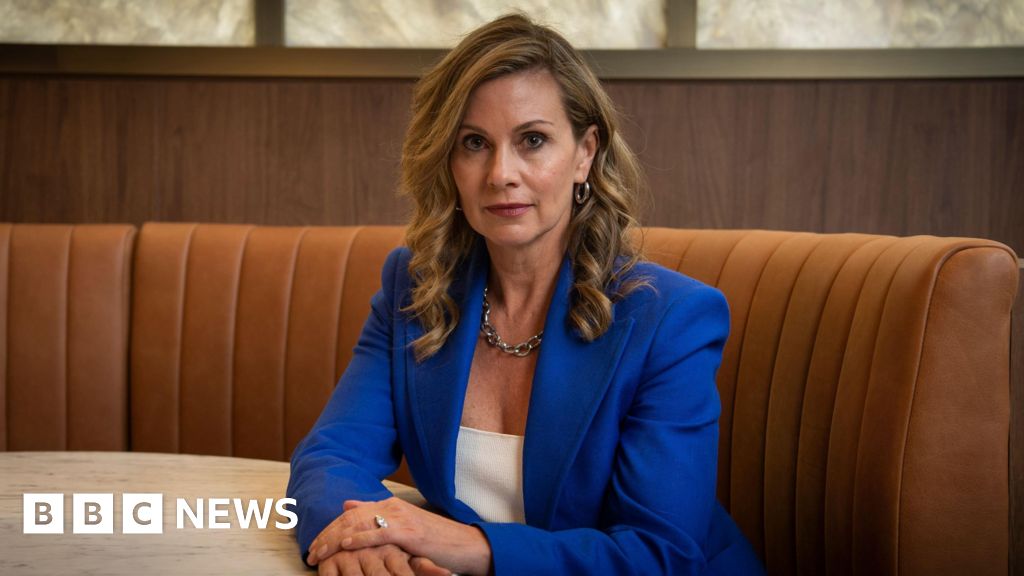Earlier this year, the Australia’s eSafety commissioner took X to court over its refusal to remove videos of a religiously motivated Sydney church stabbing for its global users.
The case was ultimately dropped, but commissioner Julie Inman Grant says she received an “avalanche of online abuse” after Mr Musk called her the “censorship commissar” in a post to his 196 million followers.
[…]
A Columbia University report into technology-facilitated gender-based violence - which used Ms Inman Grant as a case study - found that she had been mentioned in almost 74,000 posts on X ahead of the court proceedings, despite being a relatively unknown figure online beforehand.
According to the analysis, the majority of the messages were either negative, hateful or threatening in some way. Dehumanising slurs and gendered language were also frequently noted, with users calling Ms Inman Grant names such as “left-wing Barbie”, or “captain tampon”.
[…]
Ms Inman Grant said that Mr Musk’s decision to use “disinformation” to suggest that she was “trying to globally censor the internet” had amounted to a “dog whistle from a very powerful tech billionaire who owns his own megaphone”.
She said that the torrent of online vitriol which followed had prompted Australian police to warn her against travelling to the US, and that the names of her children and other family members had been released across the internet.
[…]
The case turned into a test of Australia’s ability to enforce its online rules against social media giants operating in multiple jurisdictions – one which failed after a Federal Court judge found that banning the posts from appearing on X globally would not be “reasonable” as it would likely be “ignored or disparaged by other countries”.
In June, Ms Inman Grant’s office said it would not pursue the case further, and that it would focus on other pending litigation against the platform.
X’s Global Government Affairs team described the outcome as a win for “freedom of speech”.



And that’d be reasonable for you to do. However, having a network choose to remove something, or cut ties with servers in the network that don’t in an attempt to persuade them to remove that thing, isn’t exactly the same as a government ordering a thing be removed. The former doesn’t give much avenue for a malicious actor to suppress something that isn’t in their interest, because they can hardly control the collective actions of users on the network, but the latter does by creating a single point of decision making on the network’s content from the outside. Not that the motivations in wanting that video gone were bad, but there is an element of risk to making it possible for a government entity to remove something from a social network, even if the thing they want gone this time is something that really shouldn’t be there.